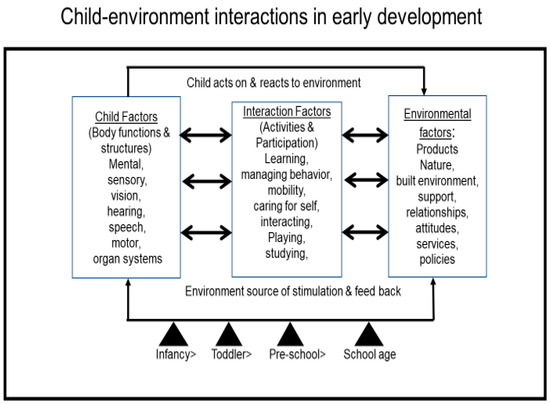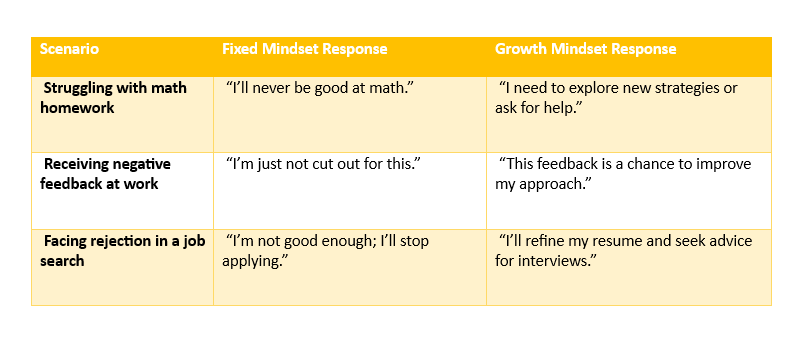Introduction
Raising a gifted child requires a deliberate and well-rounded approach that nurtures cognitive, emotional, and social development. Research indicates that genius is not purely innate but can be cultivated through the right environment, stimulation, and support (Ericsson, 1993). Below are key strategies backed by studies to help parents raise a highly intelligent child.
Read More- Brain Rot
1. Foster a Stimulating Learning Environment
Providing an intellectually rich environment is one of the most important factors in developing a child’s intelligence. Studies have shown that early exposure to books, puzzles, music, and exploratory play significantly enhances cognitive abilities (Deary et al., 2007). Parents should encourage open-ended discussions, expose children to diverse ideas, and create a home environment filled with learning opportunities.
Practical Tips:
- Read a variety of books together daily.
- Introduce educational games and puzzles that promote problem-solving.
- Encourage curiosity by answering questions thoroughly and exploring topics together.
- Expose children to different cultures, languages, and creative activities like music and art.

Read More- Growth Mindset
2. Encourage a Growth Mindset
Carol Dweck’s research on the growth mindset suggests that intelligence is malleable and can be developed through effort and persistence (Dweck, 2006). Teaching children to embrace challenges and see failures as learning opportunities fosters resilience and motivation.
Practical Tips:
- Praise effort rather than innate ability (e.g., “I love how you kept trying!” instead of “You’re so smart!”).
- Encourage children to take on difficult tasks and problem-solve independently.
- Teach them about famous inventors, scientists, and thinkers who faced setbacks before achieving success.

3. Provide Intellectual Autonomy
Allowing children the freedom to explore their interests and make their own learning choices fosters deeper engagement and intrinsic motivation (Ryan & Deci, 2000). Studies indicate that self-directed learners tend to develop critical thinking and problem-solving skills more effectively than those in highly structured environments (Gopnik, 2009).
Practical Tips:
- Let children choose subjects and projects they are passionate about.
- Support independent research and creative expression.
- Allow time for unstructured play to encourage imagination and innovation.
4. Balance Structure with Play
Play is not just for entertainment; it is essential for cognitive and social development. Research has shown that children who engage in free play develop better problem-solving abilities and emotional regulation (Pellis & Pellis, 2009). Structured learning is important, but balancing it with free, creative play is crucial for a well-rounded intellect.
Practical Tips:
- Encourage outdoor play and exploration.
- Provide toys and materials that inspire creativity (e.g., building blocks, art supplies, musical instruments).
- Avoid over-scheduling with academic tasks—allow time for free thinking and fun.
5. Cultivate Social and Emotional Intelligence
Genius is not just about high IQ; emotional intelligence (EQ) plays a crucial role in long-term success. Research by Daniel Goleman (1995) emphasizes that children who develop emotional intelligence perform better academically, have stronger relationships, and exhibit greater resilience.
Practical Tips:
- Teach empathy by discussing emotions and perspectives.
- Encourage cooperative play and teamwork activities.
- Help children identify and manage their emotions through open conversations and mindfulness exercises.
6. Expose Your Child to a Multidisciplinary Approach
Many geniuses throughout history, such as Leonardo da Vinci and Albert Einstein, excelled in multiple disciplines. Encouraging a broad spectrum of learning can enhance creativity and cognitive flexibility (Simonton, 2009).
Practical Tips:
- Integrate science, math, art, and philosophy into daily discussions.
- Introduce coding, music, and languages early on.
- Take field trips to museums, science centers, and cultural events.
7. Identify and Support Their Unique Needs
Gifted children often require specialized educational plans to thrive. Some may benefit from advanced coursework, while others may need social-emotional support due to asynchronous development (Winner, 1996).
Practical Tips:
- Advocate for individualized learning plans in school.
- Connect with gifted education programs and resources.
- Provide mentorship and guidance from experts in their field of interest.
Conclusion
Raising a genius child is not solely about academic rigor—it involves nurturing curiosity, emotional intelligence, resilience, and creativity. By fostering a growth mindset, providing a stimulating environment, and allowing intellectual autonomy, parents can help children reach their full potential. While genetics play a role, research confirms that the right environment and encouragement can significantly enhance a child’s intellectual abilities (Plomin & Deary, 2015).
References
Deary, I. J., Strand, S., Smith, P., & Fernandes, C. (2007). Intelligence and educational achievement. Intelligence, 35(1), 13-21.
Dweck, C. S. (2006). Mindset: The new psychology of success. Random House.
Ericsson, K. A. (1993). The role of deliberate practice in the acquisition of expert performance. Psychological Review, 100(3), 363-406.
Goleman, D. (1995). Emotional Intelligence: Why It Can Matter More Than IQ. Bantam Books.
Gopnik, A. (2009). The Philosophical Baby: What Children’s Minds Tell Us About Truth, Love, and the Meaning of Life. Farrar, Straus, and Giroux.
Pellis, S. M., & Pellis, V. C. (2009). The Playful Brain: Venturing to the Limits of Neuroscience. Oneworld Publications.
Plomin, R., & Deary, I. J. (2015). Genetics and intelligence differences: Five special findings. Molecular Psychiatry, 20(1), 98-108.
Ryan, R. M., & Deci, E. L. (2000). Self-determination theory and the facilitation of intrinsic motivation, social development, and well-being. American Psychologist, 55(1), 68-78.
Simonton, D. K. (2009). Genius 101: Creators, Leaders, and Prodigies. Springer Publishing Company.
Winner, E. (1996). Gifted children: Myths and realities. Basic Books.
Subscribe to PsychUniverse
Get the latest updates and insights.
Join 3,044 other subscribers!
Niwlikar, B. A. (2025, March 16). 7 Ways to Raise a Gifted Child and Some Insightful Practical Tips. PsychUniverse. https://psychuniverse.com/gifted-child/



